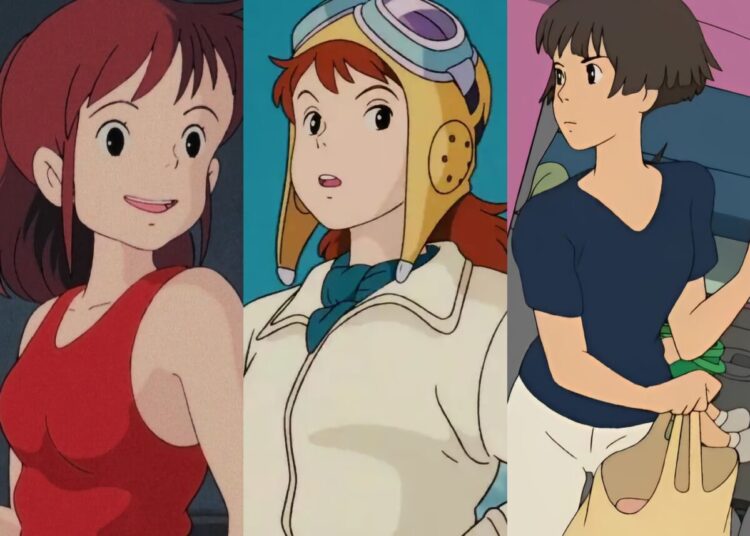Should anime have a message? It’s an interesting question which was recently taken up on Japan’s 2ch BBS. If you’re above a certain age, you grew up in the Bad Old Days of American animation, circa 1966-1989, stretching from the end of The Flinstones to the beginning of The Simpsons, though these dates are highly debatable. These dark days were characterized by preachy parents’ groups demanding that “cartoons” (which were for children, after all) be filled with sappy family-friendly messages and dumbed down to the level of a decomposed chipmunk. The action-packed animated series Johnny Quest, one of the most amazing shows to ever come out of U.S. animation studios, was attacked for basically being awesome and not insulting the intelligence of viewers at every opportunity, and forced to censor itself.
In response to this total “white-breadening” of television, some of us turned to Japanese animation, which had the freedom to tell compelling climax-filled stories in which characters could die or fall in love, forever shunning boring, preachy cartoons about cooperation and teamwork. That said, it’s not unheard of for modern anime to sneak a positive moral message in here and there. Hayao Miyazaki, for example, has said that the character No-Face from Spirited Away was created to make viewers think about the greed and avarice he saw in young people. Several anime series, such as Welcome to the N.H.K., Rozen Maiden and the currently running Ano Hi Mita Hana no Namae wo Bokutachi wa Mada Shiranai (abbreviated as “AnoHana” by fans) take on the problem of NEETs, young people who shun social interaction with others, subtly encouraging fans who have fallen into that trap to open up to the wider world.
There’s a scene in which Aria, the twin-tailed tsundere star of the popular anime and manga Aria the Scarlet Ammo, says, “There are three words I hate: muri (“that’s impossible”), tsukareta (“I’m tired”) and mendokusai (“that’s a lot of bothersome work”). These words push down the limitless potential of human beings, and you must never say them again.” While the animators are creating a cool and iconic character to tell a story around, it’s easy to imagine they’re also offering a bit of advice to viewers about how to live life a tiny bit more positively.(I know I will likely be flamed by someone for choosing the dates for the Bad Days of animation in the U.S. Do you have any other dates you’d pick instead?)

Aria hates negative-sounding words. Be positive!














